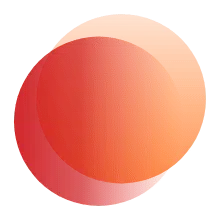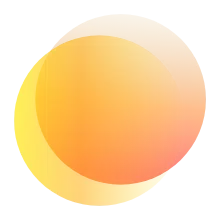How to study in Germany
Home Study in Germany How to study in Germany
Study programs and processes at universities can differ from country to country. Therefore, here is a small survey about subjects, exams and term structures.
After getting the wanted place at a university in Germany it means to find a way and organize the chaos in this new structures and country. In Germany many things concerning university are handled with the internet because the students come from all over the country and can’t be at university all of the time especially when on holidays. In most cases one gets his or her access data with the enrollment form. For example for the web-based learning platform called ILIAS. Through this site one has access to lecture documents and further contents. The library also has such an internet platform. With this access one can control if the book he or she wants is available at the moment or can renew the time to keep the books. Getting along with these sites and the university web-page is a good start to find all the information needed. Furthermore, it is now important to get knowledge about the subjects and lectures. This is important not only to choose the right study program but it is also necessary to make your own timetable.
Study regulations and schedule
Every study program has its own study conditions and curriculum. With the help of these two it is easy to get along with all the different courses. The study conditions describe which subjects and lectures there are and where they have different weights. It also says which lectures need to be absolved. The curriculum shows what subject has to be done in which term. To make your own timetable it is also possible to ask for help among older students or to ask the student advisor. In Germany one study year contains two terms called semester. There is a summer and a winter term. Each term lasts half a year and contains two parts, the lecture period and the lecture-free period. In the lecture period every lecture and class takes place at university. In the lecture-free period the end of term exams take place and it is also possible to make an internship, to work or to enjoy your holidays. At university there are different kinds of lectures. The normal lectures are main part of the studies in most of the programs. A professor speaks in front of the students about important content. On the contrary, in seminars there is an exchange between the professor and his or her students and in exercises the students can apply their theoretical knowledge in practical projects. Such lectures can be combined in a module. For example one module can contain a normal lecture and the fitting exercise. It is finished with a presentation, homework or exam. For each module the students get Credit Points or ECTS-Points. These points make it easier to compare the different programs with programs from other countries. In addition to the points the students receive grades for their exams. The grades generate the average degree at the end of a term or study program, the Credit Points show if the student has passed his or her studies or not.
Contact persons for students
At German universities there are many contact persons to go to when problems or questions arise. The university provides the students with councelors that can answer to questions concerning the studies and special questions concerning the own process of studying. Furthermore, there are councelors for general questions concerning the life at university and for international students they have people at the foreign office which can also help in different languages and know about the special problems of international and exchange students. If you are having problems with the exams or content questions the professors or their staff will surely help you as well. The students also provide councelors. For example the student council. This is a group of students from one program. Each study program has its own council. The student council answers to all questions concerning studies and life. Because there are many older students in it one can ask many questions concerning the process and concrete cycle of the studies and lectures. Everybody can become a member of the students council if interested in the university policy.




